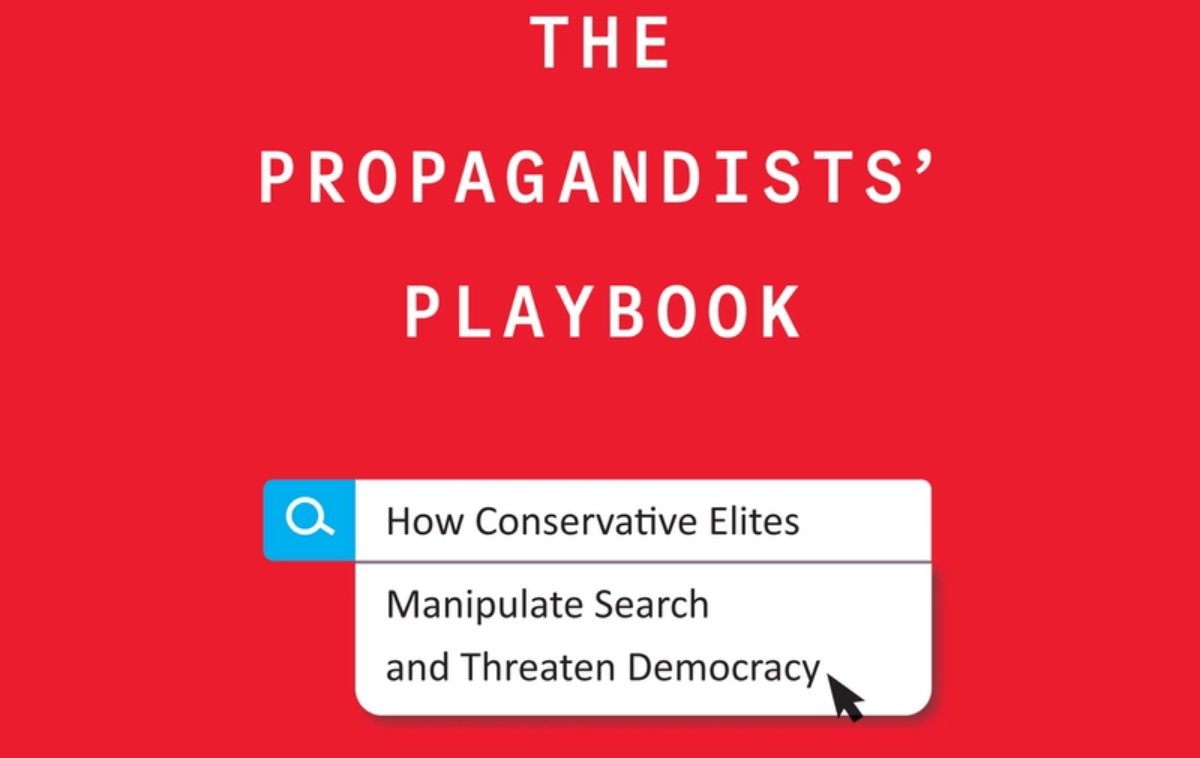Google users "need to rethink what Google is and how it returns information to them," warns Assistant Professor (Francesca Bolla Tripodi) in the School of Library and Information Science at UNC-Chapel Hill:

In a new book titled The Propagandists' Playbook, warns that the simple Results search engines are filled with links have been transformed by "Google's desire to answer our questions for us, rather than requiring us to click on results".
The problem, of course, begins when Google returns inaccurate answers "which often disrupt democratic participation, confirm unfounded claims, and are easily manipulated by people who want to spread lies."
By adding all these features, Google – as well as competitors DuckDuckGo and Bing, which also aggregate content – has fundamentally changed the experience from an exploratory search environment to a platform designed to serve up information, replacing a process that allows learning and exploring content in search results.
The problem is that more and more search engines to find information about too complicated issues. "As my research reveals, this shift can lead to incorrect information... Even worse, when errors like this occur, there is no mechanism by which users can notice discrepancies or can flag results as a kind of outcome evaluation." .
The problem is that many users still use Google to verify information, and doing so can amplify false claims. This is not only because Google sometimes provides misleading or incorrect information, but also because the people I spoke to for my research believed that Google's first search results are the "most important", "most relevant" and "more expensive". They even stated that they "trusted Google more than the news" because they considered it to be a more objective source.
This leads to what I refer to in my book, The Propagandists' Playbook, as the “IKEA disinformation effect”.
The company's scientists found that when consumers assemble their own furniture, they value the product more than an already assembled similar item quality — feel more capable and therefore happier with their purchase.
Conspiracy theorists and propagandists rely on the same strategy, providing a palpable, "homemade" quality to the information they provide.
"Instead of assuming that early results validate the truth, we need to apply research and control."
"That the information comes from a searching machine it doesn't make them credible.”






In short let's go to an internet DICTATORSHIP…..
The world trusts the internet more because the media has proven many times that they MANIPULATE and DO NOT PRESENT THE TRUTH... and especially in the last years of PLANDIMIA, the manipulation and PETSOMA with many millions of euros from the media became obvious...